November 2017
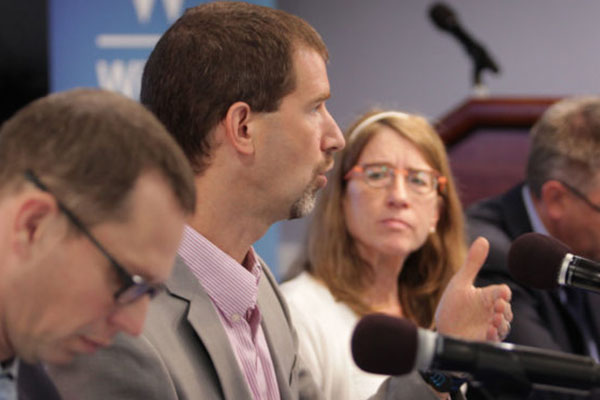
SWP to Continue Wilson Center Series with “The Challenge of Too Much Water”
November 29, 2017
From Hurricane Harvey to Typhoon Damrey, this season’s extreme weather events have made it clear that too much water can be as deadly as too little. Flooded streets, destroyed villages, unsafe water: as these and other impacts of extreme weather increase, how can we help already vulnerable communities prepare for the next wave? And how […]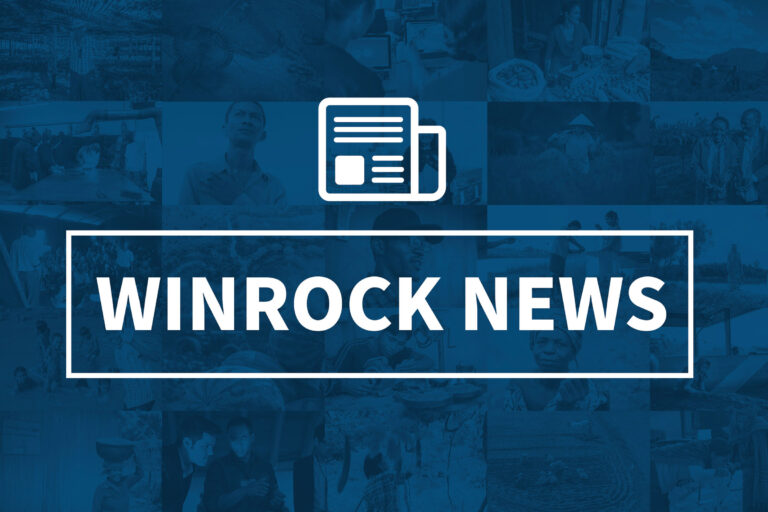
Winning Innovations
November 27, 2017
A low-cost aquaponics operation in Nepal. A mobile app that helps farmers work together to share equipment and manage their incomes. These are just two of the new ideas pitched at the Tech4Farmers Asia Challenge 2.0 in Bangkok this fall. The event, organized by USAID and Winrock International, brought together some of South and Southeast […]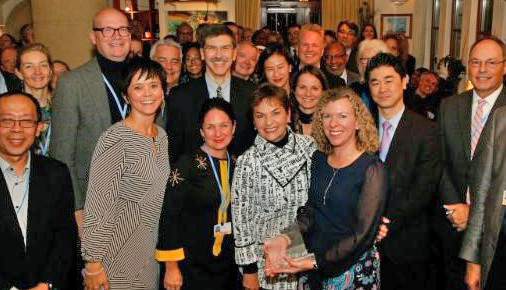
“We Are Still In”
November 16, 2017
Speaking at USAID’s Global Innovation Week in late September, Winrock President and CEO Rodney Ferguson pledged to continue meeting the goals of the Paris Climate Agreement. Winrock International maintains that pledge every day with projects that safeguard critical ecosystems and strengthen natural resource management. Winrock has also been present at the 23rd annual Conference of […]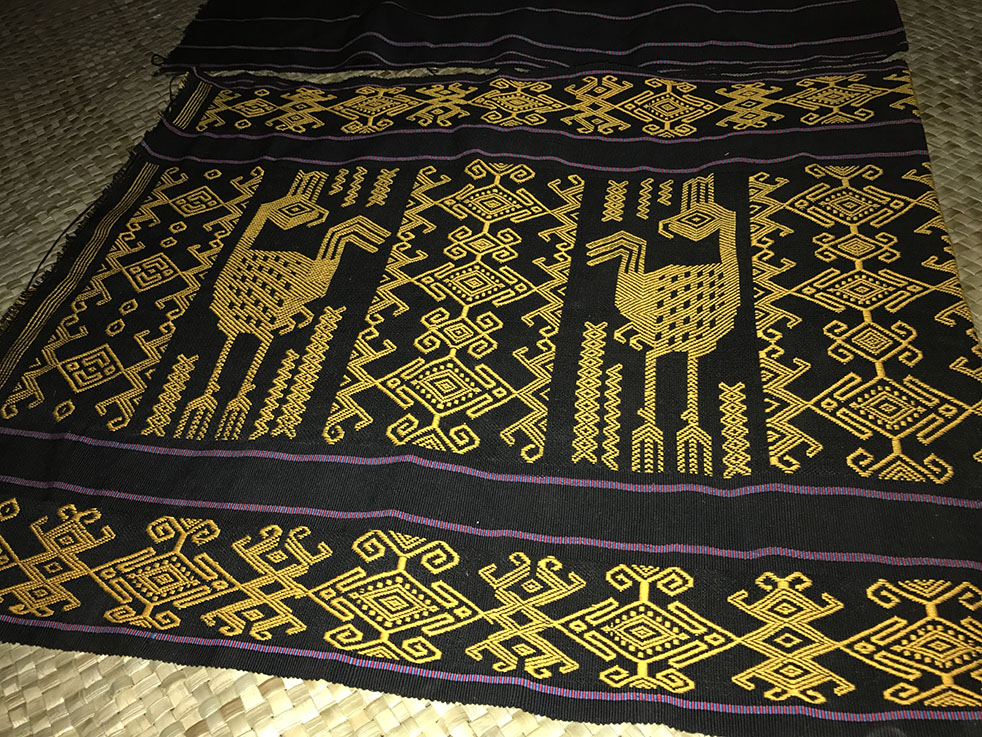
Letter from Sumba
November 9, 2017
Illustration by Jessica Kelley; Story and Photographs By Anne Cassidy To reach Kataka School, you drive east along the coast from Waingapu, then head south into the rugged hills of Sumba, Indonesia. Flashes of silvery ocean appear outside the car windows, and, deeper inland, a herd of wild horses. As you near the school you […]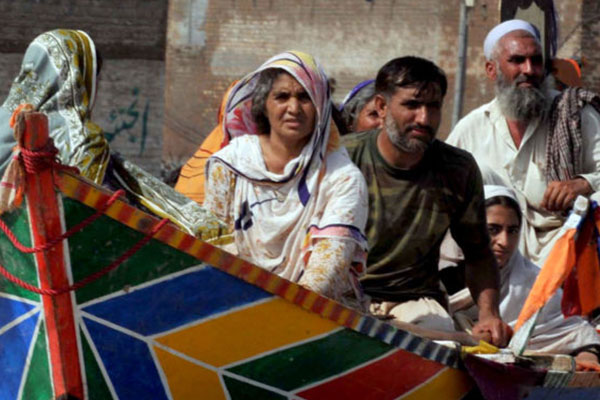
Keeping Heads Above Water
November 8, 2017
Arriving in Katmandu days after Hurricane Harvey made landfall, I watched footage of the storm’s torrential rains batter southern Texas and saw heartbreaking images of families trapped on rooftops surrounded by toxic stormwater. Here in Nepal, more than 13,000 kilometers (8,077 miles) away from Houston, the worst monsoon season in years is also inundating villages […]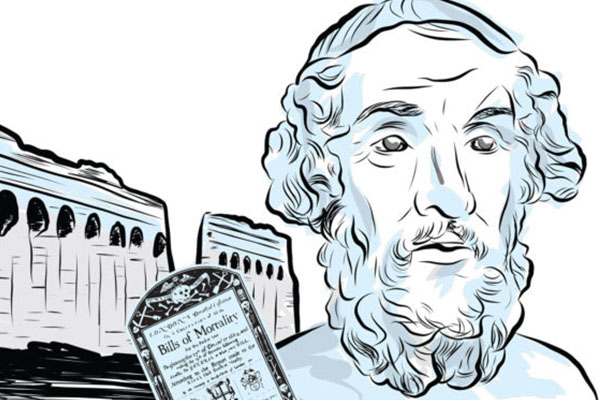
Hydraulic Despots and the Origins of Water Planning
November 8, 2017
To understand modern water management, it helps to go back thousands of years, to the Hydraulic Empires of Ancient Egypt, Mesopotamia, China and Mesoamerica. These early advanced civilizations grew out of the need to divert water for human use and to harness the power of flowing water. The more control the ruling elites took over […]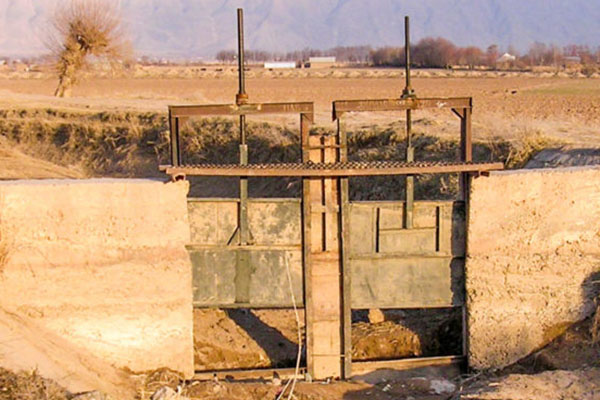
Taking a Big Picture Look at Water Security
November 7, 2017
As the world faces drought, floods, water pollution and other risks, countries often respond by building infrastructure — anything from community pumps to large-scale dams. But while these infrastructure solutions provide short-term benefits, they often fail to deliver long-term water security. The Sustainable Water Partnership (SWP) offers robust, big picture solutions to water problems — ones […]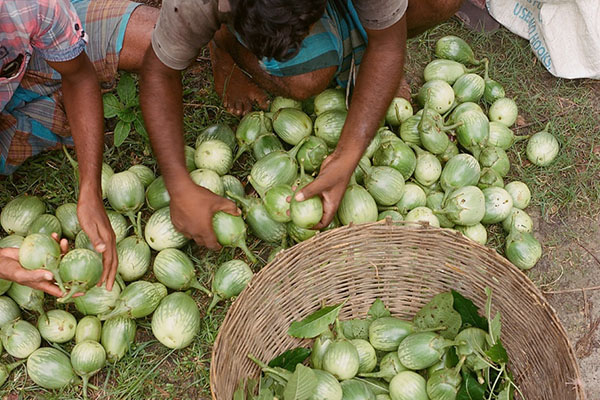
Local Heroes
November 7, 2017
Saiful and his friend Kalam* are as close as brothers. They work together in an easy rhythm, laughing and talking as they sort the day’s harvest of shiny green brinjals (eggplants). Looking at the men now it’s hard to imagine what they endured — and survived. “I thought I was trapped forever,” Saiful says. “I […]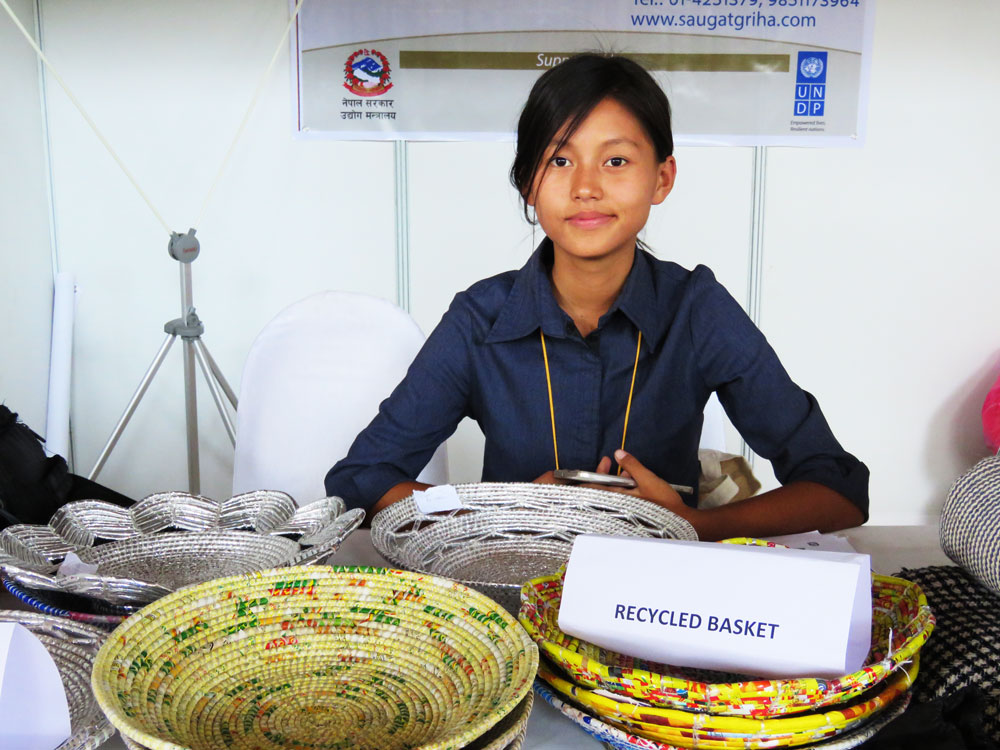
Refuse in Use
November 6, 2017
“I had no confidence and made no economic contribution to the family,” says Sunita Karmacharya of Ilam, Nepal, about her old life. “I could never visualize myself walking out of my kitchen. I was like a frog in a well.” But then she heard about the PPP for 4Gs project, funded by the European Union/Switch Asia […]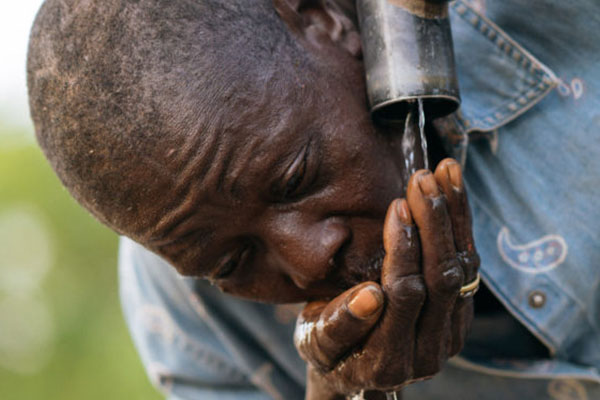
A Stepping Stone to Security
November 6, 2017
Children with dirty hands. Long lines at public water points. Cholera sweeping through a densely populated settlement. In the short-term, these public health issues can often be solved through Water, Sanitation and Hygiene projects – WASH, for short. But as the storms of climate change and variability, urbanization, and migration gather on the horizon, the […]